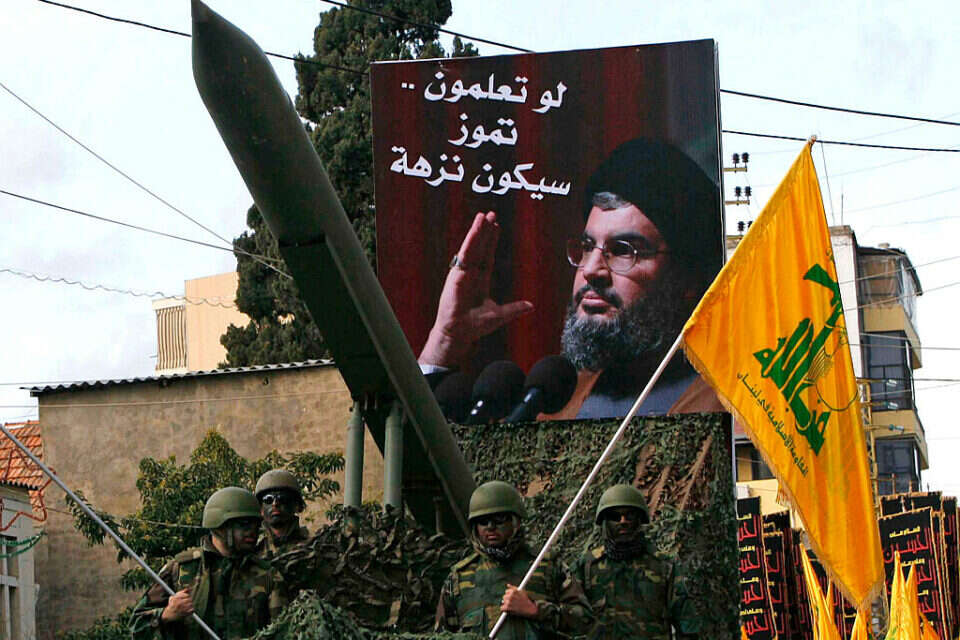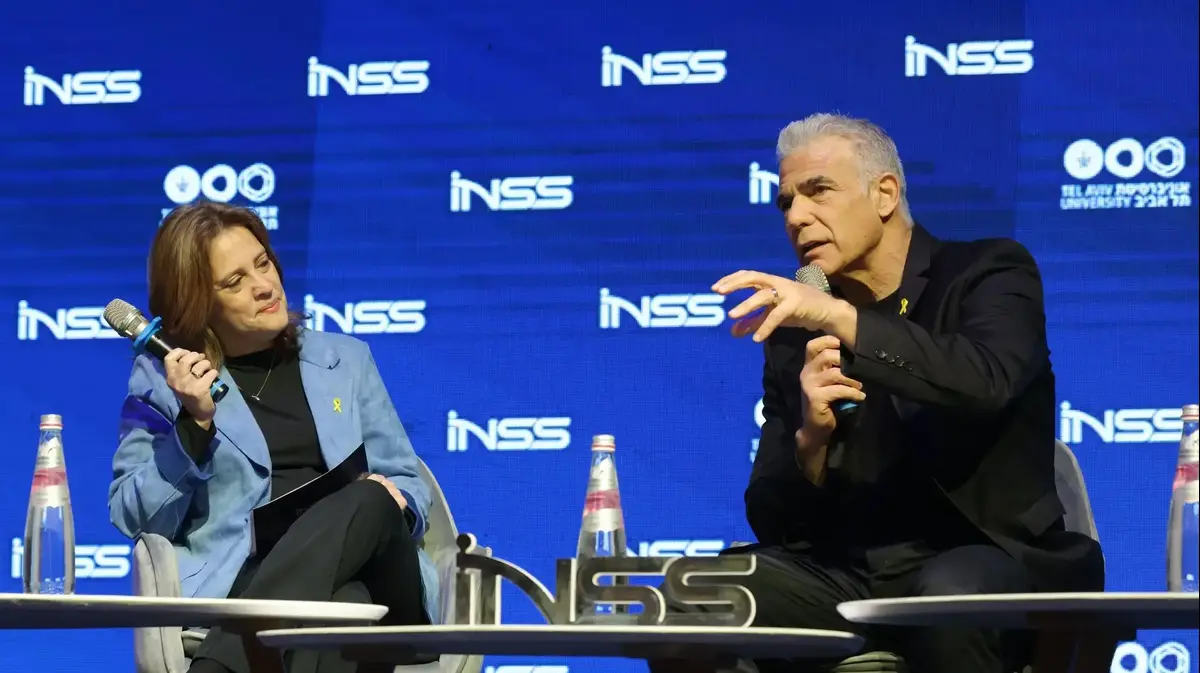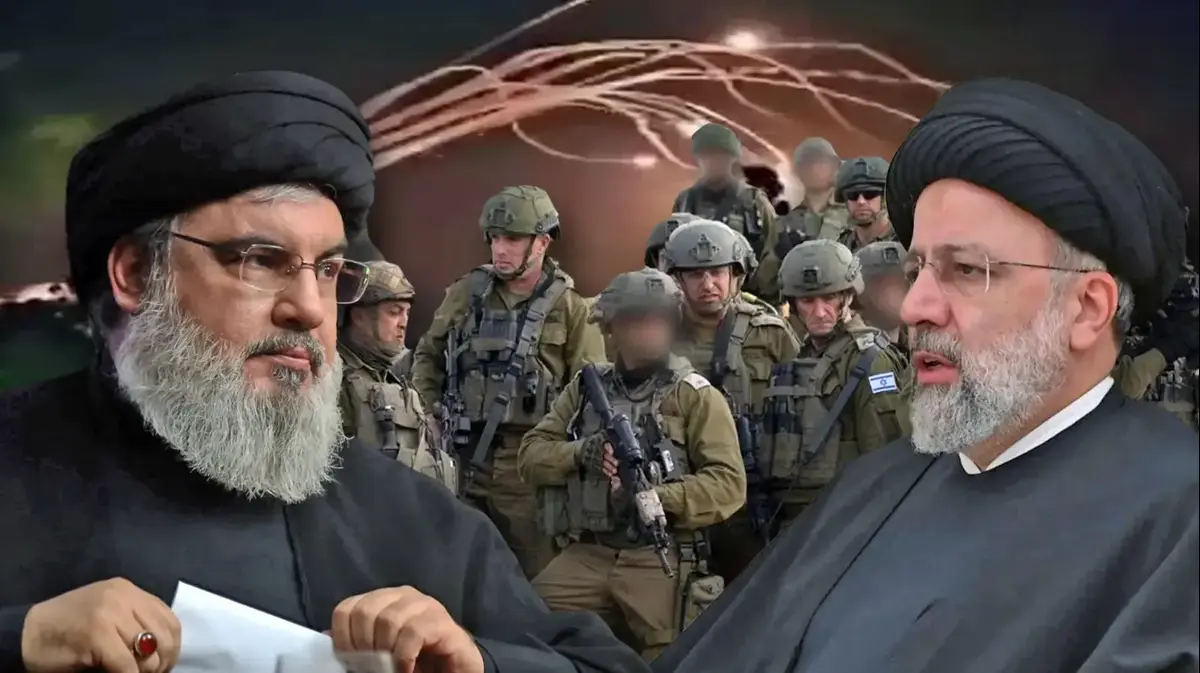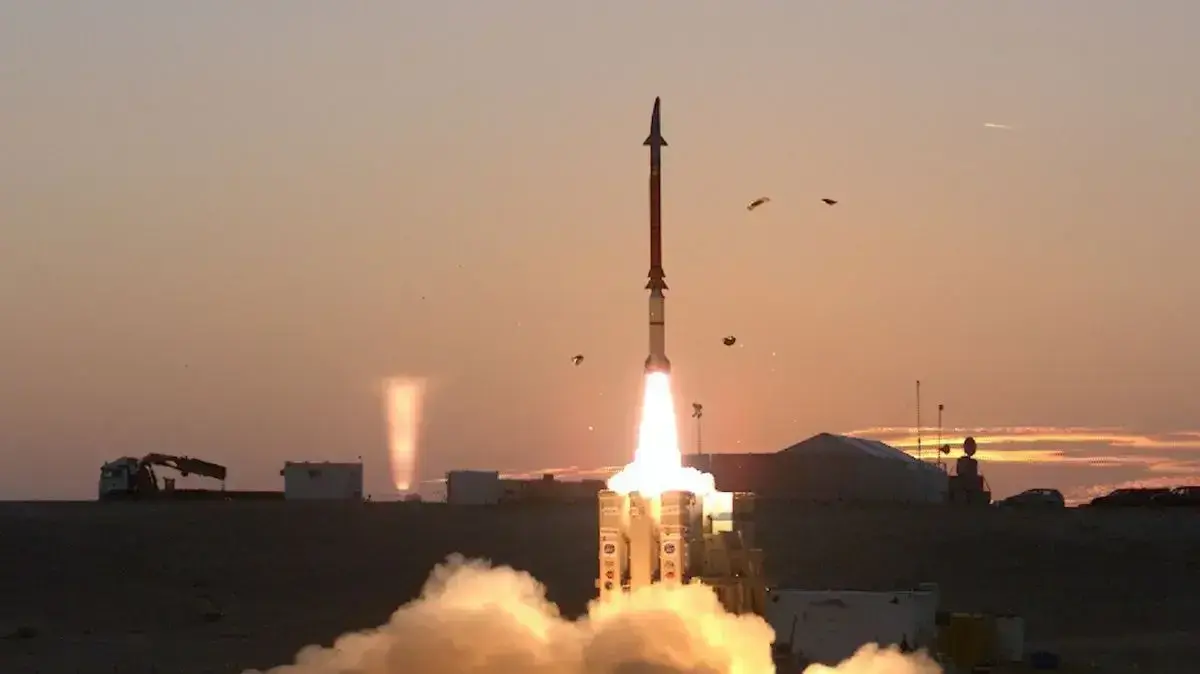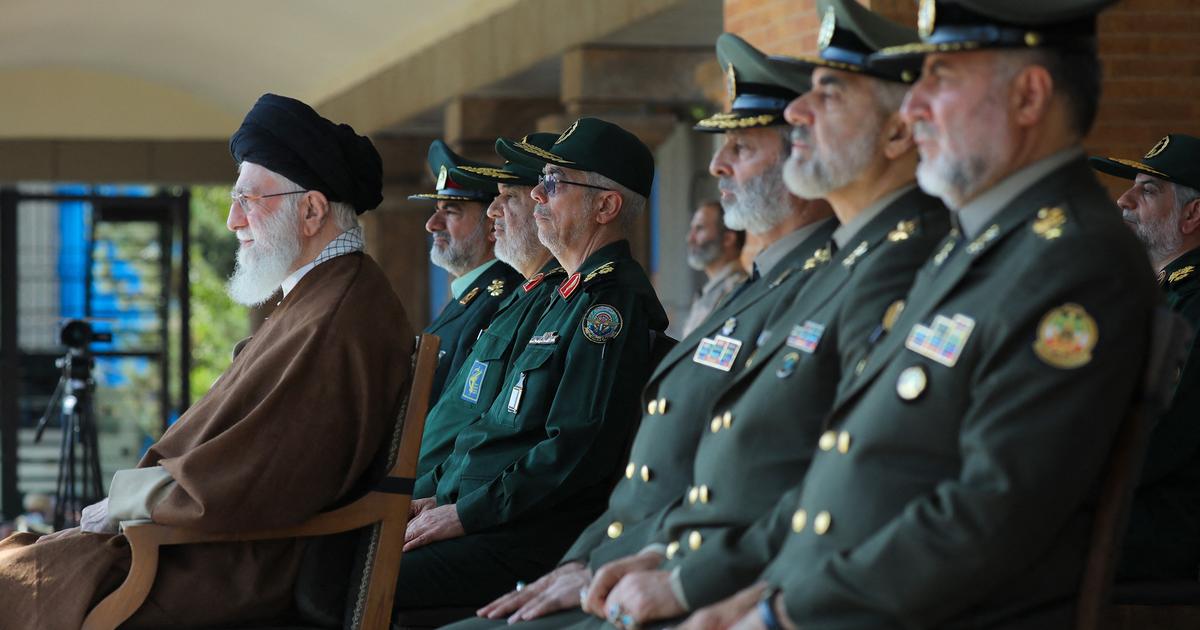The strategic situation in the region can be confusing: on the one hand, Israel enjoys unprecedented, military, political and technological superiority. On the other hand, the challenges it faces are more complicated than ever, and 2022 is not expected to make them any simpler.
The main challenge is of course Iran and its nuclear program.
In Israel, it is difficult to detect even the buds of optimism about the possibility that something good will emerge from the nuclear talks, and it seems that the choice now ranges from a bad agreement to a bad agreement.
This does not leave Israel without cards, but it does require it to decide what its red lines are, and what it intends to do if they are crossed.
Although the defense establishment is talking about the ability to cause significant damage to the Iranian plan in the event that a military attack is decided, it seems that these are early and mostly unnecessary talks.
As Prime Minister Bennett said, this is the kind of issue where it is better to talk less and do more (if need be).
But Iran is bothering Israel not only in the nuclear aspect.
The armaments efforts of the missions in the area are constantly ongoing, including with advanced weapons - with an emphasis on cruise missiles and other precise capabilities.
Such a shipment was most likely what was attacked yesterday in Latakia, in what appears to be a particularly large and successful attack given the length of time the hangars burned in the Syrian port.
Hezbollah has released documentation of the rocket launch into Israel
This is the second time an attack has been attributed to the Air Force in Latakia in recent weeks, indicating that the Iranians are diversifying their smuggling efforts to Hezbollah: sometimes from the air through Damascus, sometimes from the mainland through the Iraqi border, and sometimes through the sea.
Israel manages to thwart a very high rate of these smuggling efforts, but not all of them.
Evidence of this can be found in recent adjustments made by the Air Force on its flights in Lebanese skies, due to the growing threat posed by Hezbollah.
This is particularly critical, because the Air Force's freedom of flight in Lebanon is also essential for attacks in Syria - which according to foreign publications are carried out mostly from Lebanon to reduce the danger to Air Force planes by Syrian air batteries - and for the ongoing intelligence gathering on Lebanon itself and Hezbollah activities there.
In February this year, Hezbollah launched missiles at an unmanned aerial vehicle, which was flying in Lebanon on an intelligence-gathering mission.
Although the UAV was not hit, it seems that the Air Force subsequently made various adjustments to reduce the risk to planes and air crews. It is likely that the Iranians managed to smuggle anti-aircraft systems to Hezbollah;
As far as is known, the organization owns 22-SA and 8-SA systems, which were used for firing earlier this year.
The curtailment of the Air Force's freedom of action in Lebanon is disturbing not only in the operational aspect, but also in the mental aspect.
IDF soldiers in training in the north, Photo: IDF Spokesman
Hezbollah - which presents itself as a "defender of Lebanon" - seeks to create in Lebanon an air deterrence equation similar to the one it maintains on the ground.
For him, the frequent flights of Israeli aircraft are grounds for attack on his part;
He chooses the attacks carefully and sparingly, so as not to break the tools and lead to an Israeli counter-reaction.
But Israel must decide for itself, for itself, what it intends to do with this new threat.
Its years of stuttering in the face of Hezbollah's accelerated armament missiles after the Second Lebanon War have led to the balance of terror that exists against the organization today.
It must not allow a similar balance to exist in the air, and it may be required to take a precautionary measure to deny Hezbollah capabilities - before the organization operates again and, God forbid, manages to shoot down a plane.
A similar dilemma also exists in the face of Hezbollah's consistently built capability in the field of precision missiles.
Here, too, it is better for Israel to initiate and not be dragged along;
A local skirmish on the fence or other tactical event can be used for this purpose.
It is a pity that Israel did not do so in February, when Hezbollah fired at the unmanned aircraft - which would probably have led to an attack on anti-aircraft batteries in Syria, which Israel was reluctant to operate in Lebanon.
The Air Force will probably also find tactical solutions to the problem, but this must not allow Israel to run away from the matter of principle.
In this respect - and in the face of Iranian activism, which may increase once a renewed nuclear deal is signed - Israel may be required to show muscle in 2022, to remind the neighborhood that its superiority can also be realized.
Were we wrong?
Fixed!
If you found an error in the article, we'll be happy for you to share it with us

